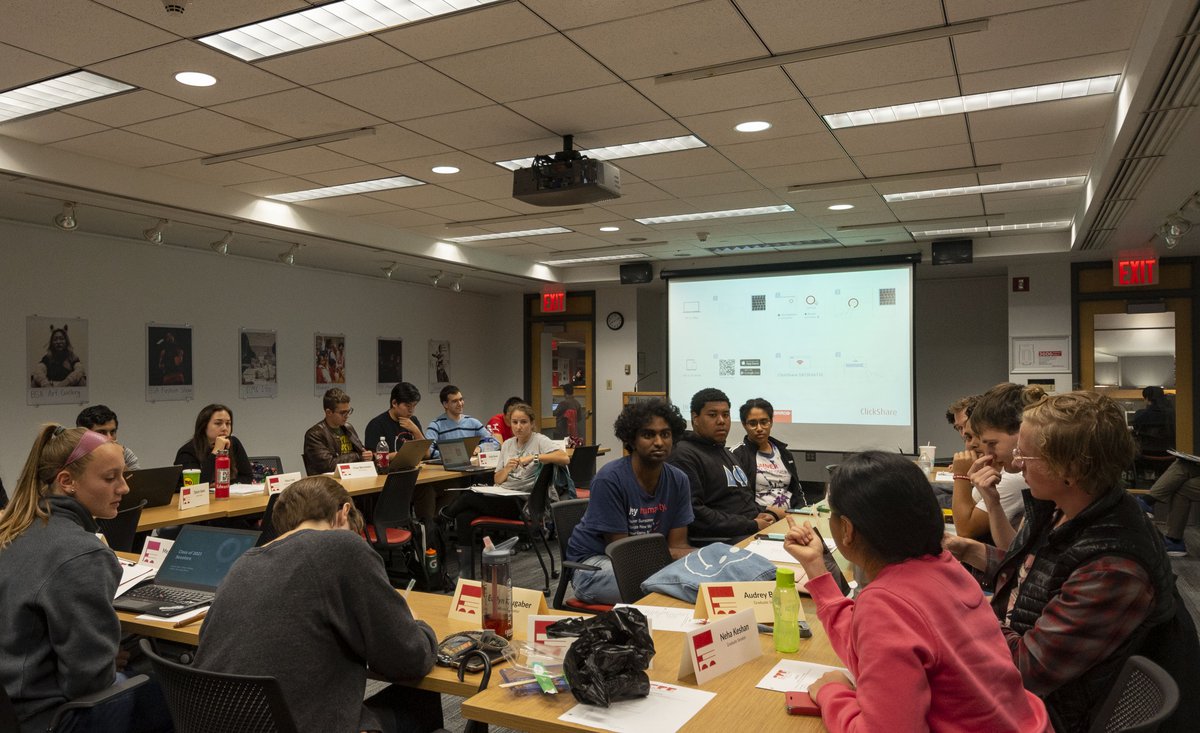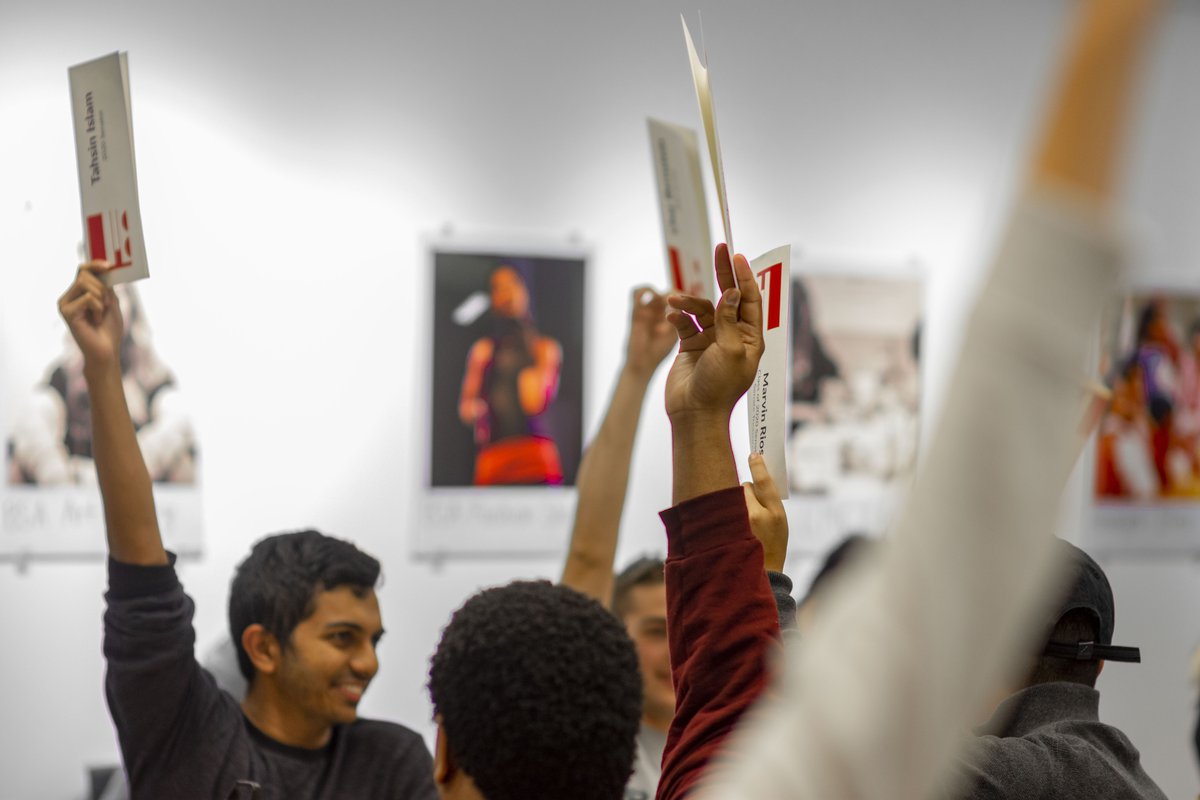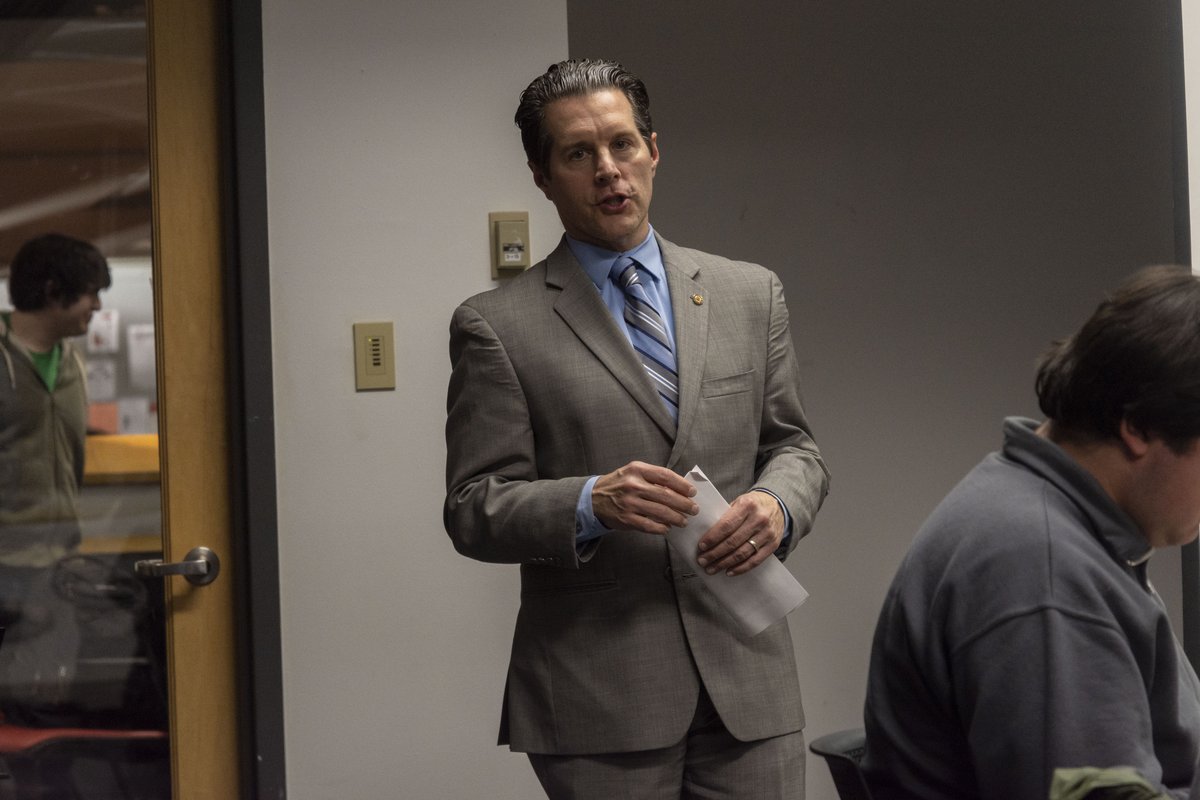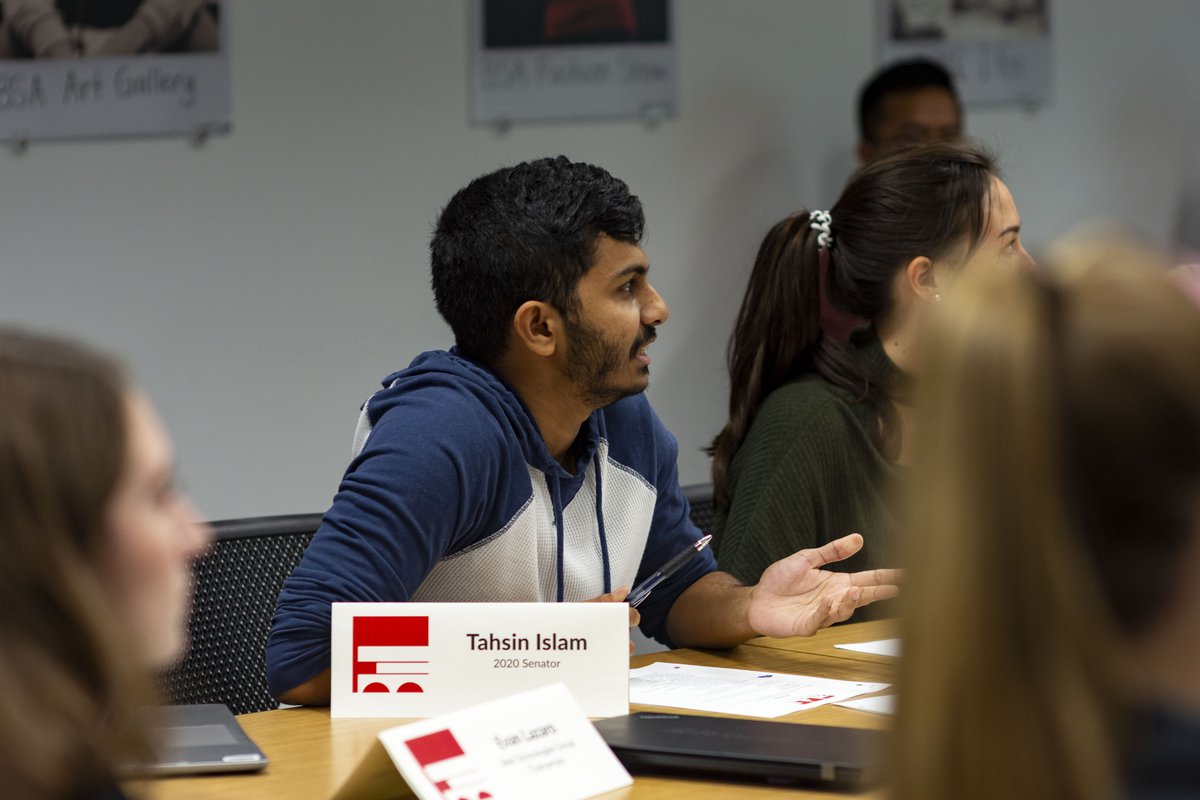Meeting reveals numerous student concerns

The Student Senate met on October 7 to listen to reports from senators about the state of each of their constituencies. Additionally, there was a report from Grand Marshal Meagan Lettko ’20.
The first report was from Senators Jayshon Adams ’20, Tahsin Islam ’20, Tejas Narayan ’20, and Marvin Rios ’20. Senators held “meet and greets” to hear from the senior class about their concerns and ideas regarding their senior year, such as Senior Week and graduation. Feedback mainly focused on a lack of communication. For instance, many seniors were unaware that they needed to apply for graduation in the Student Information System. When Graduate Senator Neha Keshan asked if there were meetings about the tasks that seniors needed to complete for their graduation, the 2020 Senators replied that there were no such meetings.
Next was the report from the Class of 2021 Senators. Colleen Corrigan ’21 and Andrew Qu ’21 spoke about the results of a survey they sent out to their constituency, allowing juniors to voice their concerns. The survey responses included problems with obtaining parking, lack of dietary accommodations in the dining halls, poor conditions of classrooms, lack of support in finding internships for the Arch, sustainability initiatives on campus, the possibility for a Rensselaer Advantage Dollars program for restaurants in Downtown Troy, and concerns about campus counseling resources. Corrigan attributed the last of these concerns to a lack of communication about the changes that were made to the Counseling Center.
Senators Chaz Bernstein ’22, Jeffrey Chai ’22, and Aloni Jordan ’22 spoke next regarding their constituents. The sophomore class is concerned primarily with housing, dining, and the Arch. Regarding dining, they are unhappy with the removal of the Create Your Own Meal plan, as this limits students who have irregular schedules or live farther away. Furthermore, they are finding that Russell Sage Dining Hall is too crowded due to the cohorts increasing in size, and that the Simply to Go hours—at Sage Dining Hall 10 am to 7:30 pm—are also inconvenient for many students’ schedules. They would also like more accuracy with the Shuttle Tracker, since sophomore housing is now farther away from academic campus. Additionally, as the class is preparing to go through the Arch this summer, they are finding themselves receiving unclear communications about the process. Many students have voiced concerns about not completing required courses in time for the summer semester, and are also receiving inconsistent information about exemptions from Arch programs. Bernstein, Chai, and Jordan believe the solutions lie in a feedback loop; communication with the Class Dean and the Arch Office, centralizing information and finalizing it to prevent inconsistencies, and working with the Arch Task Force.
The Independent Senators Advaith Narayan ’21 and Emanuel Gerardino ’21 focused their report on defining their purpose. They were considering a name change due to the extensive nature of their constituency. The positions were originally created to balance the power of the Greek senators, but Greek life has decreased drastically and the Independent Senators have found themselves representing a wide variety of people. As a result, they are proposing verbiage changes to allow the name to accurately reflect the groups that they represent. Greek Senator Peter Gramenides ’20 suggested “Union Senator,” explaining that this would encompass all the groups with which Narayan and Gerardino work.
Lastly, Gramenides and his fellow Greek Senator Emily Rusen ’22 took the floor to provide an overview of the Greek constituency. As of now, there are five sororities and 23 fraternities on campus. Rusen and Gramenides compiled the current issues in Greek life from attending their respective Panhellenic and Interfraternity Council meetings. They are working with administrators on hiring staff in the Office of Greek Life Commons—which is currently empty—and improving their accessibility.
Additionally, Greek students are concerned about housing during the Arch and deferred recruitment, as these affect general house finances. The economic impact on sororities and fraternities on campus has been significant. Due to a lack of dues from freshmen not joining in the fall, as well as students not living in the houses during both the Arch and away semesters, chapters have struggled with revenue. Therefore, they have had to raise their dues, affecting both Greek life and the students participating in it.
During her report, Lettko gave a summary of the Board of Trustees meeting she attended. She also gave a breakdown on the ways students are spending their Fall Away Semester. Almost half of the students are participating in internships, and 32 percent are completing Individual Learning Experiences, followed by eight percent pursuing research. Meanwhile, four percent are on domestic study programs, three percent are in international programs, two percent are participating in civic engagement, and four percent are on a leave of absence or unregistered. She noted that while internships are a great use of the Arch, she also wants to find ways to support students utilizing their semester away to pursue other opportunities.
She also gave an update about the Counseling Center, which has shifted from long Harvard-model sessions to a shorter, more immediate triage system. According to Lettko, the former is “when you lay on the couch, and tell them your life’s story, and tell them why you’re upset on a given day.” She believes that spending hours with such sessions is less efficient than the new format, which is a 30 minute session with any of six counselors, or a visit during their drop-in hours. Lettko also mentioned that the center had found the Arch to be causing immense stress to its participants.
The Student Senate holds open meetings in the Shelnutt Gallery every Monday at 8 pm.

 Student Senate
Student Senate
 Student Senate
Student Senate
 Student Senate
Student Senate
 Editorial Notebook
Editorial Notebook